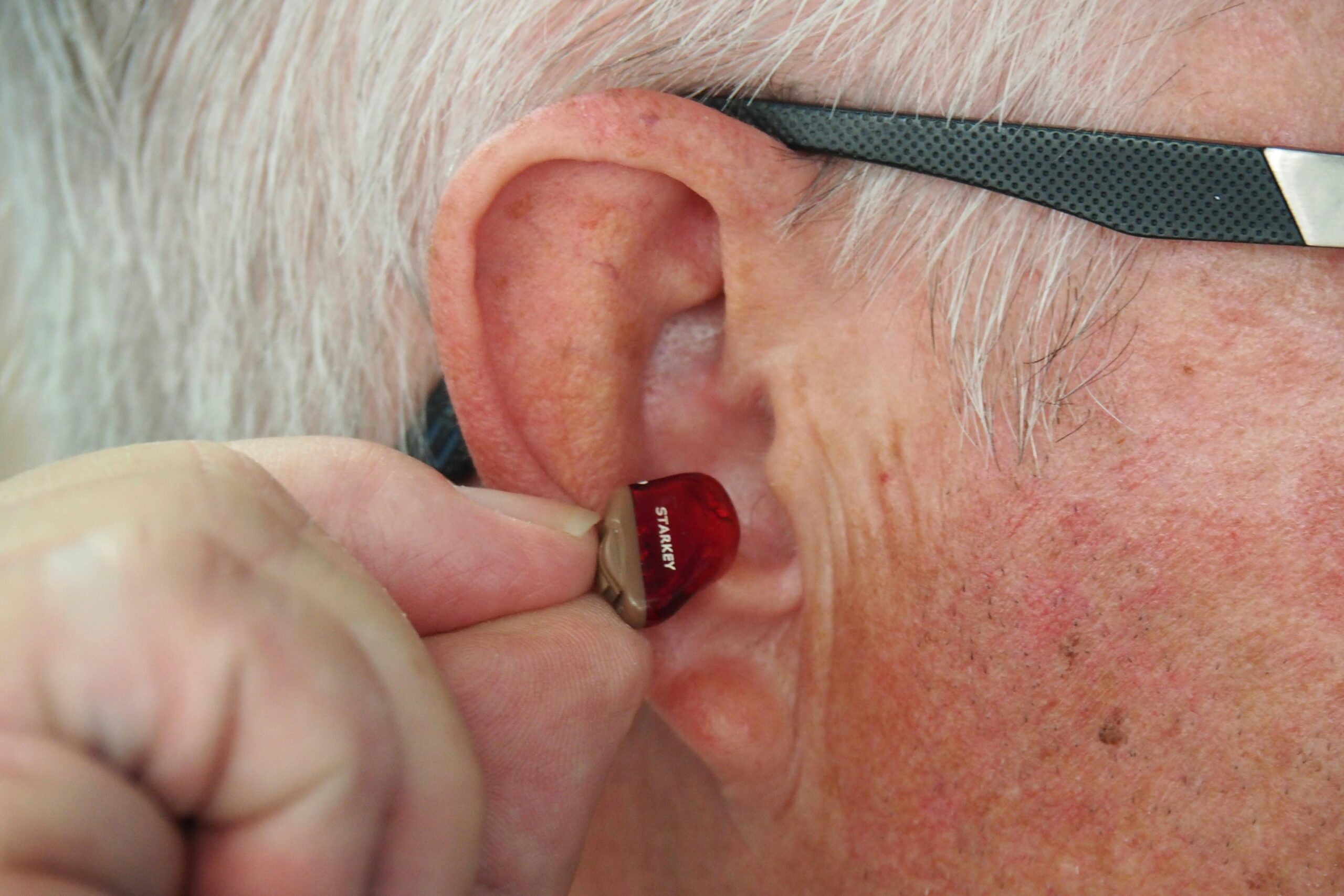Tinnitus is a persistent ringing, buzzing, or whistling sound in your ears when no external sound is present. While not a disease itself, it’s often a symptom of other conditions like hearing loss, ear injury, or circulatory system disorders. For many people, this constant sound can be frustrating and impact daily life, making concentration and relaxation difficult.
The Connection Between Hearing Aids and Tinnitus Relief
Hearing aids can significantly help manage tinnitus symptoms. When you wear hearing aids, they amplify external sounds, which can help mask or reduce the perception of tinnitus. This works because your brain focuses more on the enhanced environmental sounds rather than the internal ringing. Many modern hearing aids also include specific tinnitus management features.
Types of Tinnitus Management Features in Hearing Aids
* White noise generation* Nature sounds (ocean waves, rainfall, etc.)* Customizable sound therapy* Bluetooth streaming capabilities for personalized sound therapy* Volume control for both amplification and masking sounds
How Hearing Aids Work Against Tinnitus
As a tinnitus treatment, hearing aids address tinnitus through multiple mechanisms. First, they reduce the strain of listening, which can worsen tinnitus symptoms. Second, they provide sound enrichment, helping your brain focus on meaningful external sounds instead of the tinnitus. Finally, many devices offer specialized tinnitus programs that can be customized to your specific needs.
Additional Tinnitus Treatment Options
Beyond hearing aids, several other treatments can help manage tinnitus. These approaches often work best when combined with hearing aids for comprehensive relief. Cognitive behavioral therapy helps change how you react to tinnitus sounds. Sound therapy uses external noises to alter how you perceive tinnitus. Relaxation techniques can reduce stress-related tinnitus symptoms.
Lifestyle Changes That Support Tinnitus Management
Certain lifestyle modifications can enhance the effectiveness of hearing aids and other treatments. Avoiding loud noises, reducing caffeine and alcohol intake, and maintaining good sleep habits can all help minimize tinnitus symptoms. Regular exercise and stress management techniques can also make a significant difference.
Getting Started with Hearing Aids for Tinnitus
The first step is consulting an audiologist for a comprehensive hearing evaluation. They can:
* Assess your hearing loss and tinnitus severity* Recommend appropriate hearing aid options* Create a personalized treatment plan* Adjust settings for optimal tinnitus relief* Provide ongoing support and adjustments.
For those seeking accessible, high-quality solutions, best over the counter hearing aids offer a practical way to manage tinnitus without the need for complex fittings or prescriptions. These user-friendly devices provide effective sound amplification and masking features that make daily life noticeably more comfortable.
The Adjustment Period
When you first start using hearing aids for tinnitus, remember that adaptation takes time. Most people need several weeks to adjust to their devices and experience maximum benefits fully. During this period, work closely with your audiologist to fine-tune settings and address any concerns. Keep in mind that some people may experience temporary increases in tinnitus awareness during the initial adjustment phase, but this typically subsides as your brain adapts to the new sound environment.
Cost and Insurance Considerations
Make no mistake about it: hearing aids are pricey, but many people consider them worthwhile for the relief they provide from tinnitus symptoms. Some insurance plans offer partial coverage, and many providers offer financing options. Consider the long-term benefits when evaluating the cost, including improved quality of life and better overall hearing health.
Looking Ahead: Ongoing Support
Managing tinnitus is an ongoing process. Regular check-ups with your audiologist ensure your hearing aids continue to provide optimal relief. They can adjust settings as needed and help you adapt to changing tinnitus symptoms over time. Remember that technology continues to advance, bringing new features and capabilities to help manage tinnitus more effectively.

